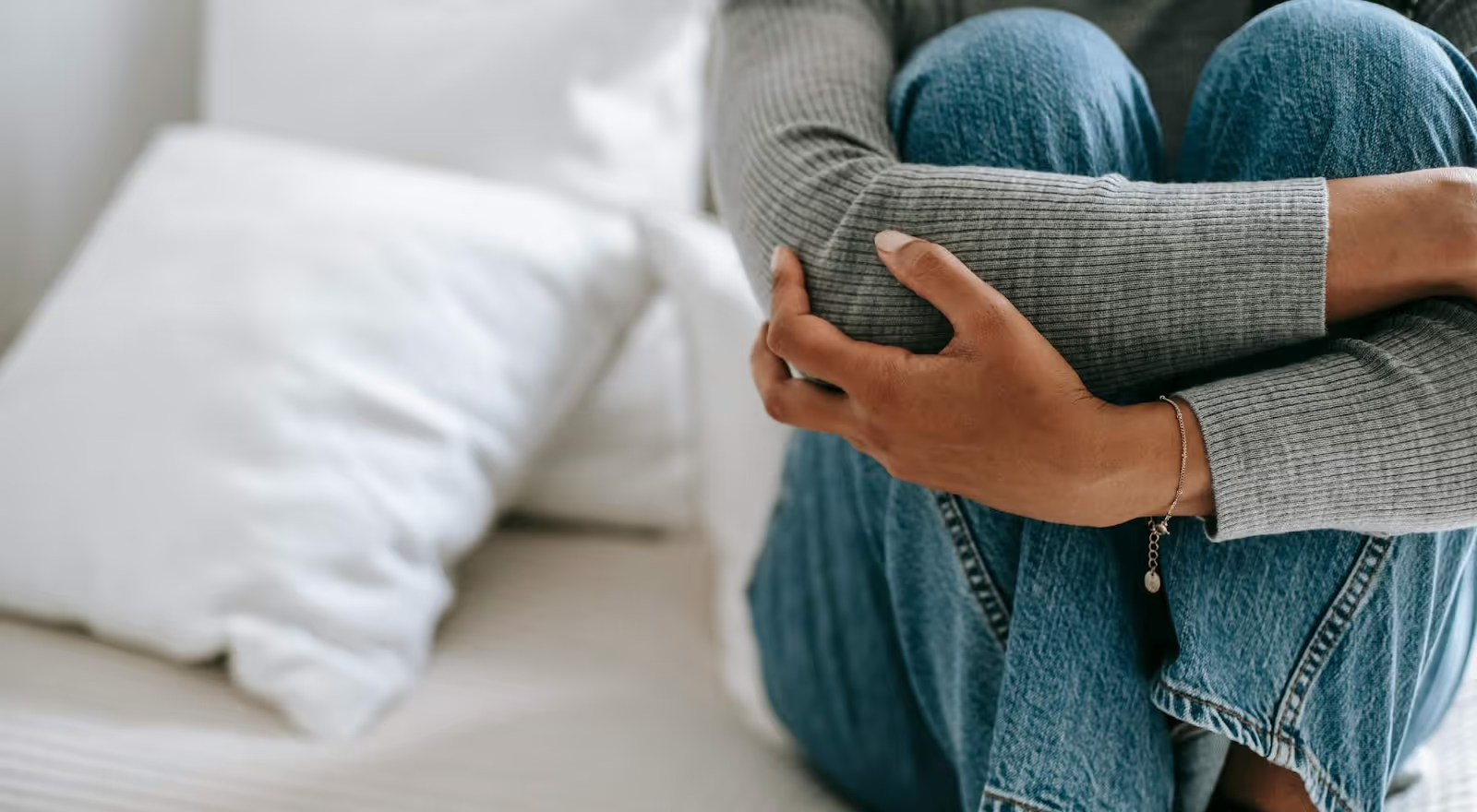The Link Between Ozempic and Alcohol Use Disorder: Hope and Caution in Recovery

It seems as though new medications come out almost daily, flooding the already-saturated pharmaceutical market — and your TV. And recently, there has been a common thread of drugs that can treat diabetes and weight loss.
Did you know that even though some medications are targeted for certain diagnoses and conditions, researchers sometimes find alternative benefits?
Keep reading to learn how the popular new medication, Ozempic, which is designated for patients with Type II Diabetes, is now helping some people overcome alcohol use disorder.
Table of Contents
- What Is Ozempic?
- Can Ozempic Help With Alcohol Use Disorder?
- Risks and Limitations of Using Ozempic for AUD
- Proven Treatments for Alcohol Use Disorder at Dove Recovery
Ozempic is a leading FDA-approved medication for managing Type 2 Diabetes. It offers the benefit of improved blood sugar control for millions of patients. This prescription medication contains semaglutide, a potent ingredient that can effectively regulate glucose levels.
Providers have noted that Ozempic is helpful in the treatment of alcohol use disorder, but it has not yet been cleared as an approved treatment for this.
How Ozempic Works in the Body
Ozempic use usually results in better control over the individual’s blood sugar levels due to its targeted actions on both insulin and glucagon. This approach creates a more stable metabolic system, making it easier to maintain stable blood sugar levels throughout the day.
The medication has become a powerful tool for improvements in a person’s health and quality of life.
Ozempic works by imitating GLP-1 (Glucagon-like peptide-1), which is a natural hormone in the body. Here’s how it functions:
- Stimulates insulin production when blood sugar levels rise
- Reduces glucagon secretion
- Slows down digestion to prevent rapid blood sugar spikes
- Helps control appetite, food intake, and cravings
Off-Label Uses of Ozempic
When a medication is approved for public use by the FDA, it is for a specific condition, diagnosis, or use based on research and clinical trials. An off-label use is when the medication is prescribed for a diagnosis or condition different than the approved indications.
Increased research is being conducted on how Ozempic may positively help in the treatment of various addictions, such as:
- Alcohol
- Nicotine
- Eating disorders
- Gambling
- Addiction to other substances

Alcohol use disorder is a term used to describe alcohol dependency, or the inability to control drinking that results in negative effects on your physical, mental, or social well-being. With many medical disorders, the brain is physically affected by consistent alcohol misuse that may lead to continuing addiction.
Recently, Ozempic has emerged as a potential medication that can be prescribed alongside addiction treatment programs. Optimistic research has noted that Ozempic may be effective in curbing cravings for alcohol and other substances — which can mean that addiction recovery is even more achievable when traditional treatment programs are paired with significant scientific power.
If you or your loved one is struggling with alcohol use disorder, treatment is possible even in severe or prolonged cases. Dove Recovery is a comprehensive treatment facility in Columbus, Ohio, dedicated to the rehabilitation of alcohol use disorder.
Current Research and Findings
Studies are being launched into how Ozempic is not only helping to reduce alcohol and other substance cravings, but it may also assist individuals to gain control of compulsive habits, too.

Why Ozempic Might Reduce Alcohol Cravings
Substance use disorders are complex conditions in which there is uncontrolled use of a substance despite harmful consequences. Those who deal with alcohol use or other substance use disorders have an intense focus that can become an addiction.
Dependence on these substances can lead to an inability to function in day-to-day life without them. People keep using the substance even when they know it is causing or will cause problems.
As Ozempic helps regulate blood sugar, it appears as though it may trigger mechanisms in our brains that regulate other potentially addictive behaviors or habits by acting on dopamine.
Dopamine is directly linked to addictions. All addictive substances or disorders trigger dopamine release, causing a pleasurable response, which is what causes someone to want more of the substance or behavior. Ozempic and similar medications actually reduce the release of dopamine, which can then reduce the cravings for alcohol.
Does Ozempic Change Your Alcohol Tolerance?
Ozempic does not directly change alcohol tolerance, but some research suggests it may reduce cravings and the desire to drink, which could indirectly affect drinking patterns.

Each person’s medical history creates a unique health profile that requires individualized attention, and it is important to involve your medical provider in your recovery process, especially if you consider adding medications to your treatment regimen.
Your healthcare provider should have detailed knowledge of your:
- Medical conditions and diagnoses
- Current medications
- Past treatment responses
- Allergies to medications or foods
- Risk factors
- Family health history
This comprehensive understanding enables them to provide personalized advice specific to your situation. Your provider can assess for potential medication interactions, evaluate your alcohol tolerance, and help create an individualized plan that considers your lifestyle and health goals.
Routine appointments with your healthcare providers allow for monitoring and adjusting recommendations based on your body’s response to Ozempic and other medications.
The medical professionals can also recommend and perform necessary tests to ensure your treatment plan remains safe and effective.
Possible Side Effects of Ozempic
There is a potential for side effects or adverse reactions when taking any medication.
Many of the side effects that someone may encounter from Ozempic are related to the gastrointestinal (GI) tract, such as:
- Nausea
- Vomiting
- Diarrhea
- Stomach pain
- Constipation
- Fatigue
- Dehydration
- Low blood sugar

Accessibility and Cost
Prescriptions for these and similar medications have skyrocketed in recent years due to increased demand.
Regardless of how a supplemental medication may help you overcome addiction, that does not mean your insurance is going to accept this as a reason to cover the prescription.
Hurdles you may encounter related to obtaining an Ozempic prescription include the following:
- Insurance coverage
- The medication may not be covered due to an off-label indication.
- The medication is expensive, and your insurance may not cover it due to cost.
- Required prescriptions
- Your medical provider will need to prescribe the drug.
- Medication availability
- Ozempic has become a popular medication to be prescribed for diabetes and weight loss, and it may not be readily available due to high demand.
Why Ozempic Alone Isn’t Enough
Be sure to understand that although medications can be helpful, complete recovery will more than likely require therapy, support from friends, family, and peers, along with consistent lifestyle changes.
Dove Recovery clinicians are trained and ready to help you take the first steps into overcoming addiction.
Addiction does not just affect the individual person — it is also damaging to families, relationships, careers, and many other aspects of life. If you or a loved one is struggling with your drinking habits, it may be time to seek professional help. Dove Recovery offers resources for those looking to change their relationship with alcohol.
Professional counselors and therapists will accompany you on your sobriety journey without fear of judgment and with continual support. The knowledgeable and seasoned staff members specialize in addiction recovery treatment. We offer customized treatment plans that cater to each client’s needs, using evidence-based approaches and programs, such as:
- Psychotherapy sessions
- Dual diagnosis therapy
- Relapse prevention techniques
- Counseling and therapy
- Inpatient programs
- Outpatient programs
- Partial hospitalization programs
Dove Recovery offers a comprehensive range of services designed to help you at every step of your recovery and sobriety, with customizable options to fit your needs. Contact us today to begin your road to recovery.

